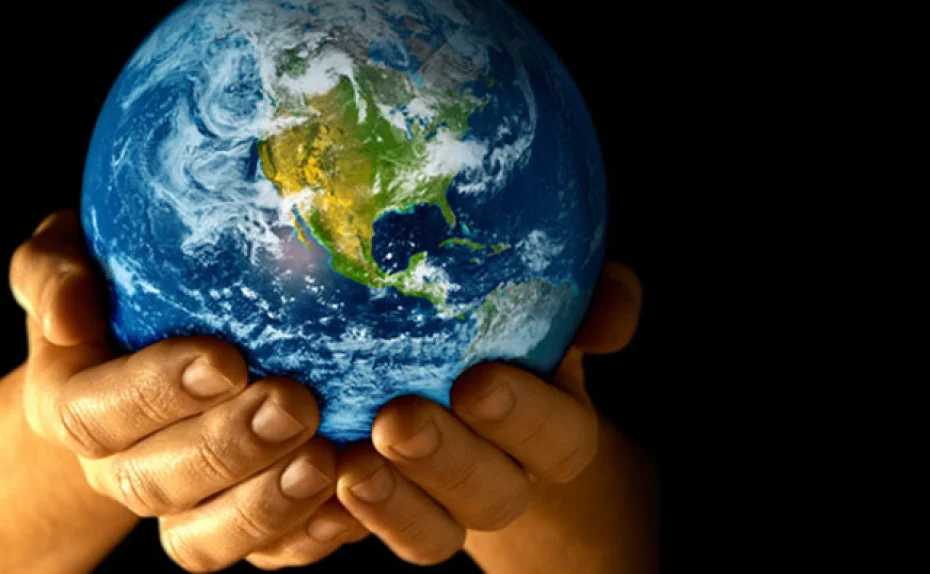We are in “the era in which Modernity is confronted with its promises, whose center was revealed by the” Enlightenment with the motto iconically formulated by Immanuel Kant (1724-1804) in 1784: “Dare to use your own intelligence!”
The sage of Königsberg could hardly have recognized in the Industrial Revolution, which began in the mid-18th century in England, a practice akin to the motto he formulated. Yet he had already intuited a possible outcome of “enlightenment”: “new prejudices will serve, like the old ones, as leading strings for the great crowd of those who do not think” (Immanuel Kant, Answer to the Question: What is “Enlightenment?” in I. Kant-Michel Foucault, What is Enlightenment, Italian tr. Mimesis, Milan, 2012, p. 11). The great crowd that needs to believe in something.
As Max Horkheimer and Theodor W. Adorno wrote, “myth passes into enlightenment and nature into pure objectivity. Men pay for the increase of their power with alienation from that over which they exercise it. Enlightenment relates to things as the dictator relates to men: he knows them insofar as he is able to manipulate them” (Dialectic of Enlightenment, Italian tr. by Lionello Vinci, Einaudi, Turin, 1971, p. 17).
The Prejudice of Continuous Growth
So it has been for the prejudice of continuous growth in production. If before the gods, according to myth, “only he who submits without remainder prevails”, so before the productive rationality of capitalism that is developing in the century of the Enlightenment, only he who submits without remainder and believes, against all documented evidence, that only the growth of production can give human beings prosperity and happiness prevails. Industrial capitalism has come to configure, today, a new era in the history of the human species, “the era of the” Anthropocene.
In 2022 Daniele Conversi defines the new epoch we are entering as follows: “The impact [of human activity] has become so pervasive as to alter not only the atmosphere, but also the very surface and stratigraphy of the planet” (Climate Change. Anthropocene and Politics , Mondadori, Milan, 2022, p. 33).



